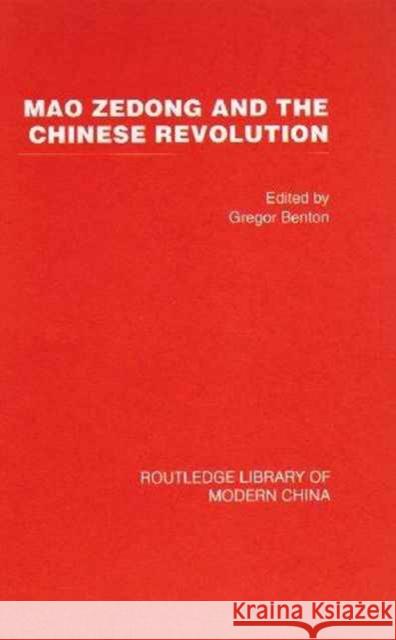Mao Zedong and the Chinese Revolution » książka
Mao Zedong and the Chinese Revolution
ISBN-13: 9780415400541 / Angielski / Twarda / 2007 / 1936 str.
Academic interest in Mao Zedong's role in the Chinese Revolution remains intense, as scholars and commentators continue to analyze his thinking and the history of the movement for clues about the Chinese model and its supposedly unique features. The debate about Mao's career and influence is now enlivened by the consequences of the dramatic turn by the Chinese Communist Party (CCP) away from the radical socialism he is said to represent and its granting of a far greater role to the market, though without shedding much of its political power.Collections of primary sources on Mao Zedong and CCP history, written by the communists themselves, are readily available but informed scholarship is indispensable to explain these sources and to put them in proper perspective. What were Mao's objectives? Were they consistent? In what ways did Mao manipulate the CCP and the state to his own political ends? To what extent did his political vision dominate Chinese politics in the revolutionary years and after 1949? And where is Chinese communism now headed? This new Routledge Major Work will help to identify some of the answers.











